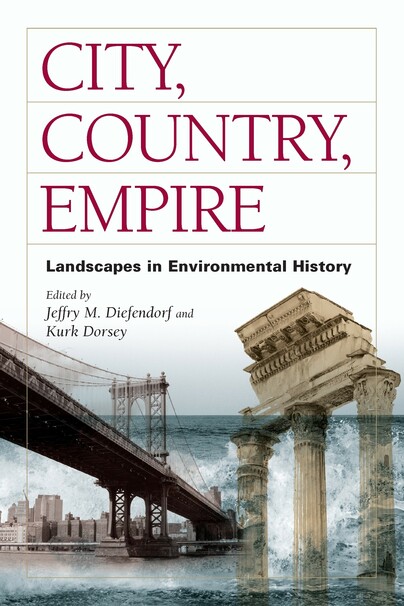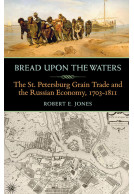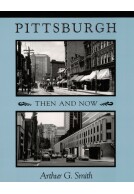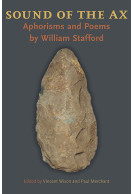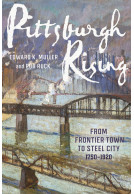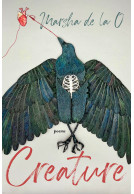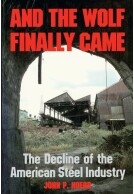Google Books previews are unavailable because you have chosen to turn off third party cookies for enhanced content. Visit our cookies page to review your cookie settings.
City, Country, Empire (Paperback)
Landscapes In Environmental History
Imprint: University of Pittsburgh Press
Pages: 300
ISBN: 9780822958765
Published: 24th May 2005
Script Academic & Professional
Pages: 300
ISBN: 9780822958765
Published: 24th May 2005
Script Academic & Professional
This book will be reprinted and your order will be released in due course.
You'll be £38.50 closer to your next £10.00 credit when you purchase City, Country, Empire. What's this?
+£4.99 UK Delivery or free UK delivery if order is over £40
(click here for international delivery rates)
Order within the next 3 hours, 35 minutes to get your order processed the next working day!
Need a currency converter? Check XE.com for live rates
(click here for international delivery rates)
Order within the next 3 hours, 35 minutes to get your order processed the next working day!
Need a currency converter? Check XE.com for live rates
In the urgently expanding field of environmental history, two trends are emerging. Research has internationalized, crossing political and historical borders. And urban spaces are increasingly seen as part of, not apart from, the global environment. In this book, Jeffry Diefendorf and Kurk Dorsey have gathered much of the important work pushing the field in new directions. Eleven essays by prominent and regionally diverse scholars address how human and natural forces collaborate in the creation of cities, the countryside, and empires. The Cities section features essays that examine pollution and its aftermath in Pittsburgh, the Ruhr Valley (Germany), and Los Angeles. These urban areas are far apart on the globe but closely linked in their histories of how human decision making has affected the environment. Changing rural and suburban spaces are the focus of Countryside. Elizabeth Blackmar \u0022follows the money\u0022 in order to understand why the financing of suburban mall developments makes local resistance difficult. Studies of the fractious history of the creation of a wildlife refuge in Oregon and the ongoing impact of hydraulic mining in the early California goldmining era emphasize the misuse of technology in rural spaces. Such misuse is a central idea of Empires. In \u0022When Stalin Learned to Fish,\u0022 Paul R. Josephson tells the story of Soviet fishing technology designed to \u0022harness fish to the engine of socialism.\u0022 Other essays explore the failures of Western agricultural technology in Africa and the relationship between such technology and disease in European attempts to conquer the Caribbean. In a stirring, wide-ranging consideration of the neo-European colonies (the United States, Australia, Canada, and New Zealand), Thomas R. Dunlap observes the ongoing, unsettled interaction of lands and dreams. An afterword by Alfred W. Crosby, an eminent scholar of environmental history, closes the book with a broad and insightful synthesis of the history and future of this critical field.
Other titles in University of Pittsburgh Press...







